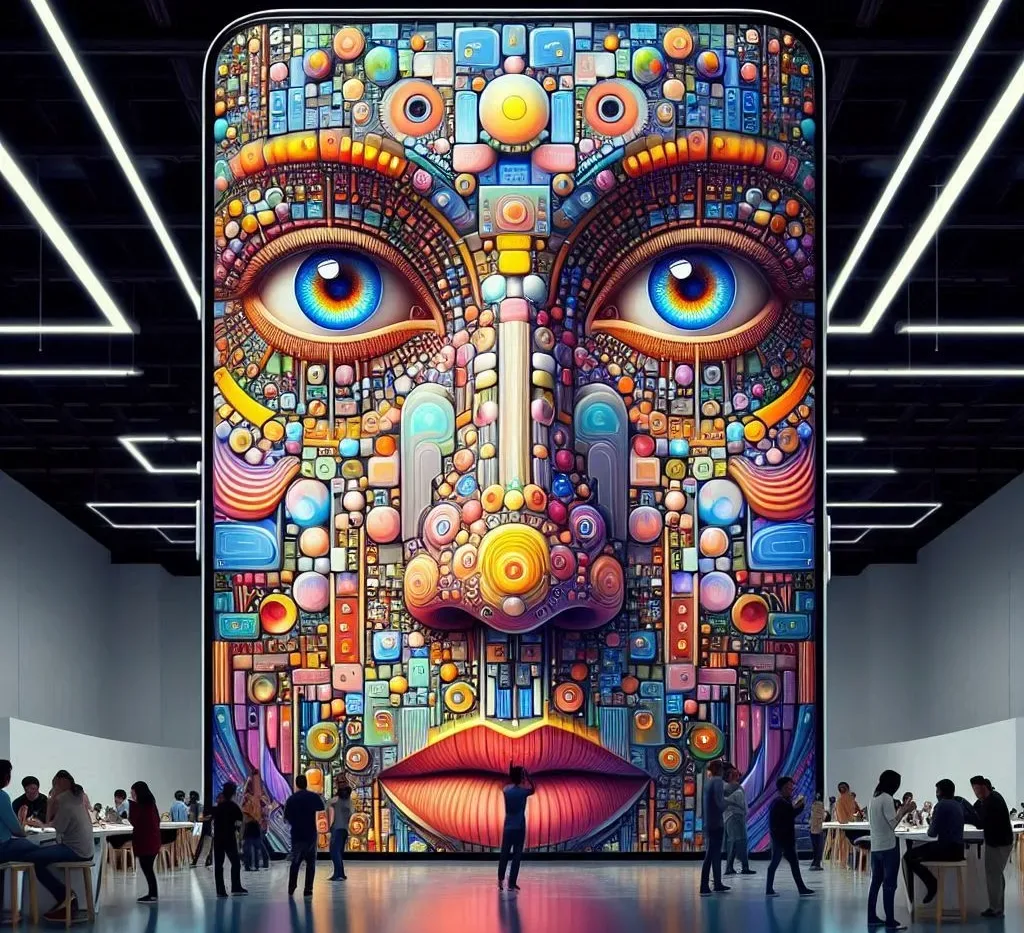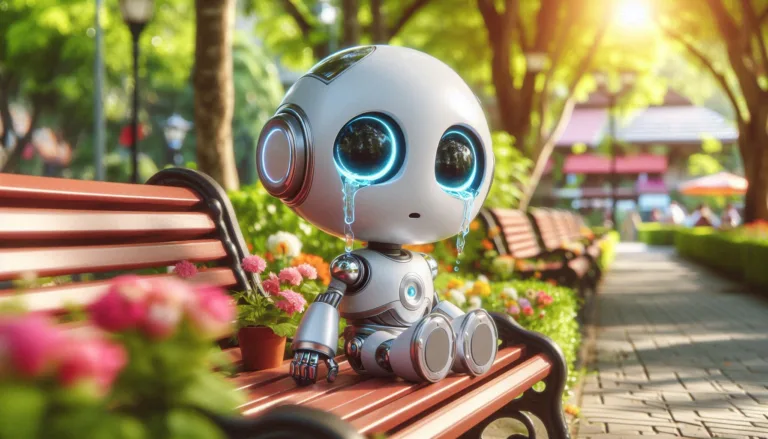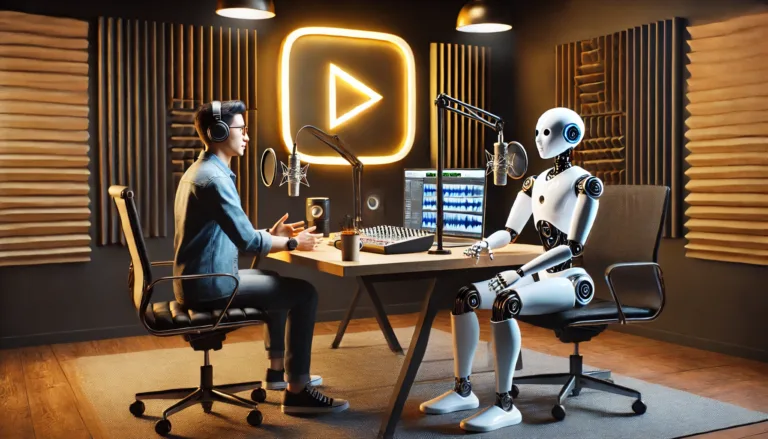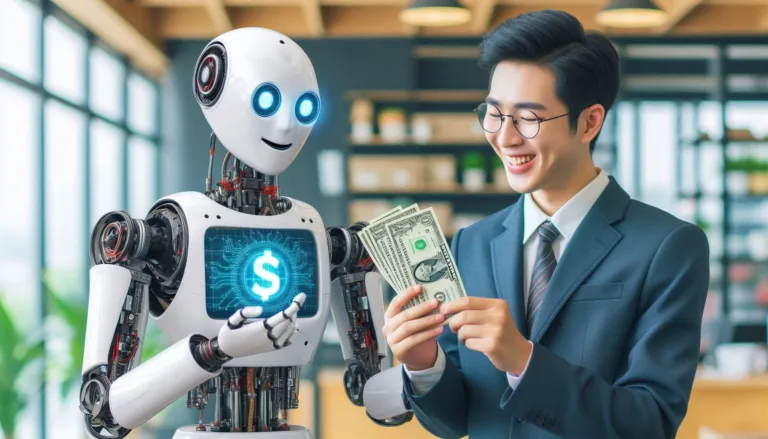Artificial Intelligence (AI) has rapidly transitioned from the realms of science fiction to a pivotal part of our everyday lives. As AI continues to evolve, its impact on various aspects of human life is becoming increasingly profound. From healthcare and education to business and entertainment, AI’s potential to reshape our world is enormous. But as we stand on the brink of a new era, it’s crucial to explore what the future holds for AI and how it will coexist with humanity.
The Current State of AI
To understand the future, we must first examine the present. AI is already integrated into numerous aspects of our daily lives. Voice assistants like Siri and Alexa, recommendation systems on platforms such as Netflix and Amazon, and even sophisticated algorithms that drive self-driving cars are all powered by AI. Machine learning, a subset of AI, enables systems to learn from data and improve their performance over time without human intervention.
Despite these advancements, today’s AI systems are primarily narrow AI, meaning they are designed to perform specific tasks. They excel in well-defined areas but lack the general intelligence that characterizes human cognition. However, ongoing research and development are pushing the boundaries towards more generalized forms of AI, which could one day rival or even surpass human capabilities in various domains.
The Evolution of AI: Towards General Intelligence
The future of AI is likely to be marked by the development of Artificial General Intelligence (AGI). Unlike narrow AI, AGI would have the ability to understand, learn, and apply knowledge across a wide range of tasks, similar to a human being. Achieving AGI would be a significant milestone, as it would enable machines to perform virtually any cognitive task that a human can do.
AGI could revolutionize industries by automating complex decision-making processes, enhancing creativity, and even contributing to scientific discoveries. However, this also raises concerns about the displacement of jobs and the ethical implications of creating machines with human-like intelligence. Balancing the benefits and risks of AGI will be one of the critical challenges of the coming decades.
AI in Healthcare: A Revolution in Medicine
One of the most promising areas for AI’s future impact is healthcare. AI-powered tools have the potential to revolutionize medical diagnosis, treatment, and patient care. For instance, machine learning algorithms can analyze vast amounts of medical data to identify patterns that may be invisible to human doctors. This can lead to earlier and more accurate diagnoses, ultimately improving patient outcomes.
Moreover, AI can personalize treatment plans based on individual patient data, optimizing the effectiveness of therapies and minimizing side effects. In the future, AI might even predict the onset of diseases before symptoms appear, enabling preventative measures that could save countless lives.
However, the integration of AI in healthcare also presents challenges. Ensuring data privacy, avoiding biases in AI algorithms, and maintaining the human touch in patient care are crucial considerations. The future will likely see a collaborative approach, where AI augments human doctors’ abilities rather than replacing them.
AI and the Workforce: The Automation Dilemma
As AI technology advances, its impact on the workforce will be profound. Automation driven by AI could replace many routine and repetitive jobs, leading to significant shifts in employment patterns. Industries such as manufacturing, logistics, and retail are already seeing the effects of AI-driven automation, with robots and algorithms taking over tasks that were once performed by humans.
While this automation can lead to increased efficiency and cost savings for businesses, it also raises concerns about job displacement. Workers in certain sectors may find themselves out of work, and there could be a growing divide between those with the skills to work alongside AI and those without.
However, AI also presents opportunities for job creation in new fields. The development, maintenance, and oversight of AI systems will require a workforce with specialized skills. Additionally, AI could free up human workers from mundane tasks, allowing them to focus on more creative, strategic, and fulfilling work. Reskilling and upskilling programs will be essential to prepare the workforce for this new reality.
AI and Ethics: Navigating the Moral Landscape
The rapid advancement of AI technology has outpaced the development of ethical frameworks to govern its use. As AI becomes more integrated into our lives, questions about privacy, fairness, and accountability are becoming increasingly urgent. How do we ensure that AI systems make decisions that are fair and unbiased? Who is responsible when an AI system makes a mistake? How do we protect individual privacy in a world where AI can analyze vast amounts of personal data?
These are complex issues with no easy answers. In the future, there will likely be a greater emphasis on developing ethical guidelines and regulations to govern AI. This will require collaboration between governments, businesses, and civil society to ensure that AI is developed and used in ways that are beneficial to society as a whole.
Transparency and explainability will be key components of ethical AI. Users and regulators must understand how AI systems make decisions to hold them accountable. Additionally, there will be a need for international cooperation to address the global nature of AI technology and its potential impact across borders.
AI and Human Relationships: A New Paradigm
AI’s influence is not limited to work and healthcare; it is also poised to change the way we interact with each other. Social robots and AI-driven communication tools are already beginning to alter our relationships, both personal and professional.
In the future, AI could play a significant role in providing companionship, especially for the elderly or those who are socially isolated. AI companions could offer emotional support, reminders, and even engage in meaningful conversations, helping to alleviate loneliness. However, this raises questions about the nature of human relationships and whether AI can truly replicate the depth of human connection.
On a broader scale, AI could transform communication and collaboration across cultures and languages. AI-powered translation tools are already breaking down language barriers, and future developments could enable even more seamless global communication. This could lead to a more interconnected world, where collaboration and understanding are enhanced by AI.
Education and AI: Redefining Learning
Education is another area where AI could have a transformative impact. Personalized learning, powered by AI, could tailor educational content to individual students’ needs, pacing, and learning styles. This could help bridge educational gaps and ensure that all students have access to high-quality education, regardless of their background.
AI could also automate administrative tasks, freeing up teachers to focus on more meaningful interactions with students. Additionally, AI-driven analytics could provide educators with insights into student performance, helping them to identify areas where students need additional support.
However, the future of AI in education also presents challenges. There is a risk that over-reliance on AI could depersonalize education or exacerbate inequalities if access to AI-driven tools is not evenly distributed. Ensuring that AI enhances rather than replaces the human elements of teaching will be crucial.
The Future of AI Governance: Striking a Balance
As AI becomes more integrated into society, the need for effective governance will become increasingly important. Governments, businesses, and international organizations will need to work together to develop policies and regulations that ensure AI is used responsibly and ethically.
One of the key challenges will be balancing innovation with oversight. Over-regulation could stifle the development of AI, while under-regulation could lead to harmful consequences. A nuanced approach will be necessary, one that encourages innovation while protecting individuals and society from potential risks.
International cooperation will also be essential, as AI is a global technology that does not recognize national borders. Collaborative efforts to develop global standards for AI governance could help ensure that AI benefits humanity as a whole.
Conclusion: The future of AI and human life is full of potential and challenges. As AI continues to evolve, it will undoubtedly bring about significant changes in how we live, work, and interact with each other. From healthcare and education to the workforce and personal relationships, AI’s impact will be far-reaching.
However, the future of AI is not predetermined. The choices we make today, about how we develop, use, and govern AI will shape the world of tomorrow. By approaching AI with a thoughtful and ethical mindset, we can ensure that it becomes a force for good, enhancing human life and helping us to solve some of the most pressing challenges of our time. As we look ahead, one thing is clear: AI will play a central role in the future of humanity. By embracing this technology and guiding its development in ways that align with our values, we can create a future where AI and humans coexist harmoniously, each enhancing the other’s potential.




